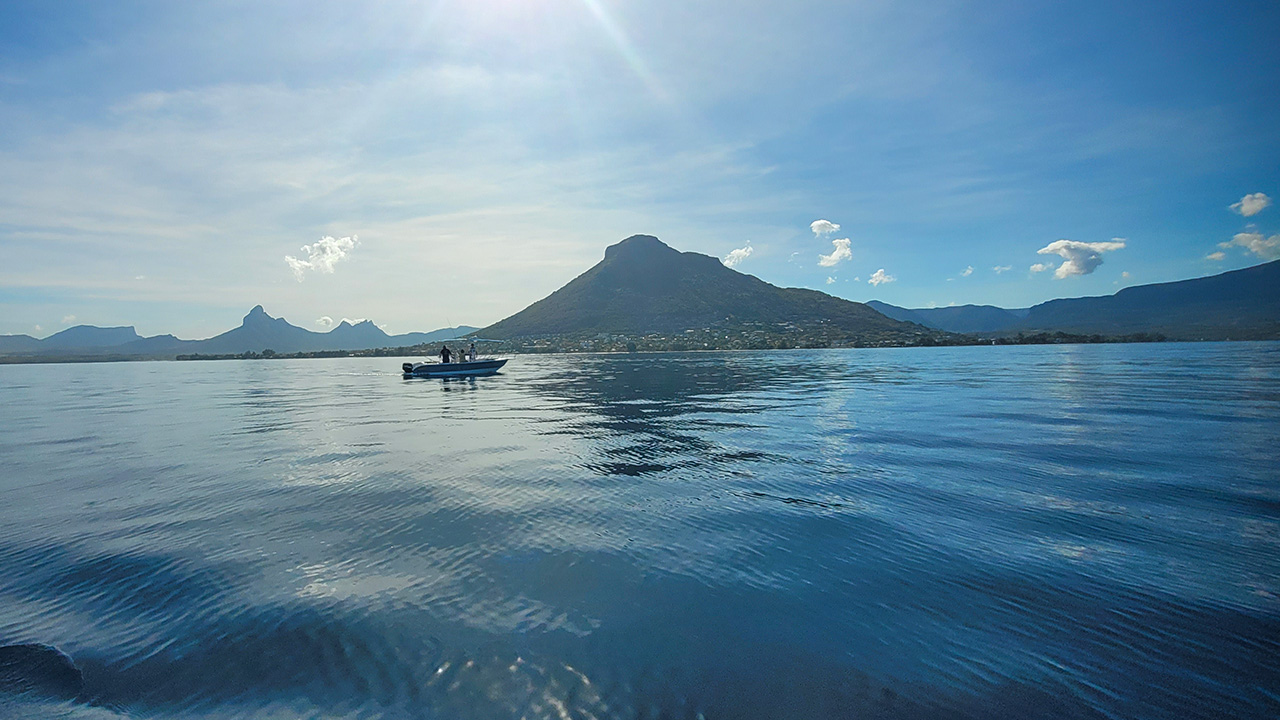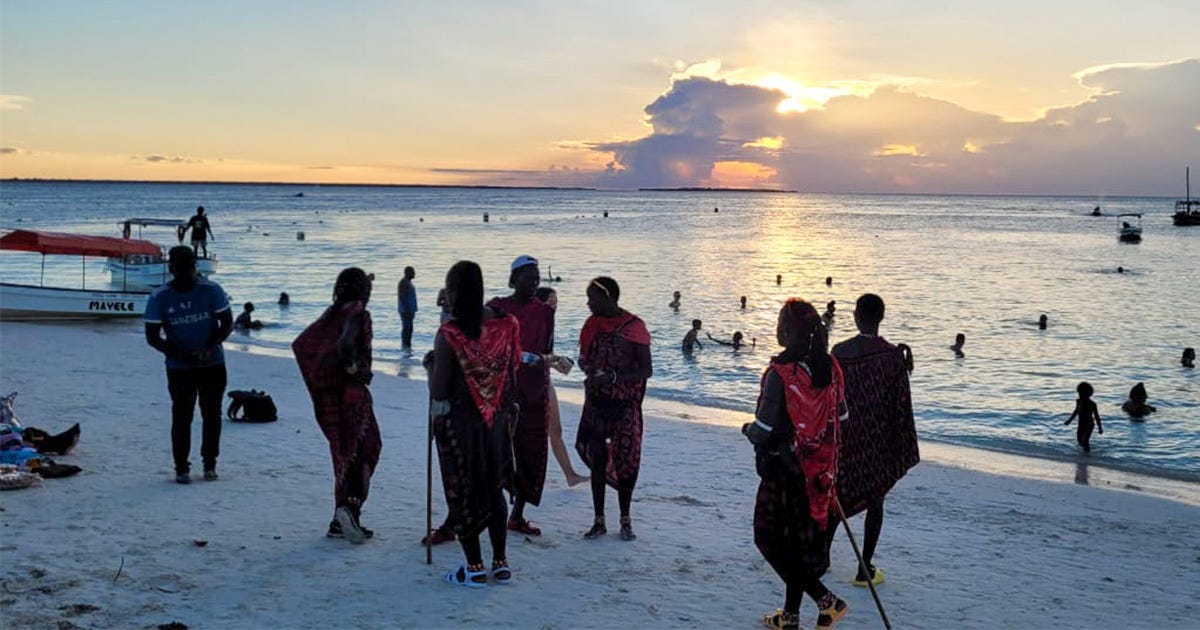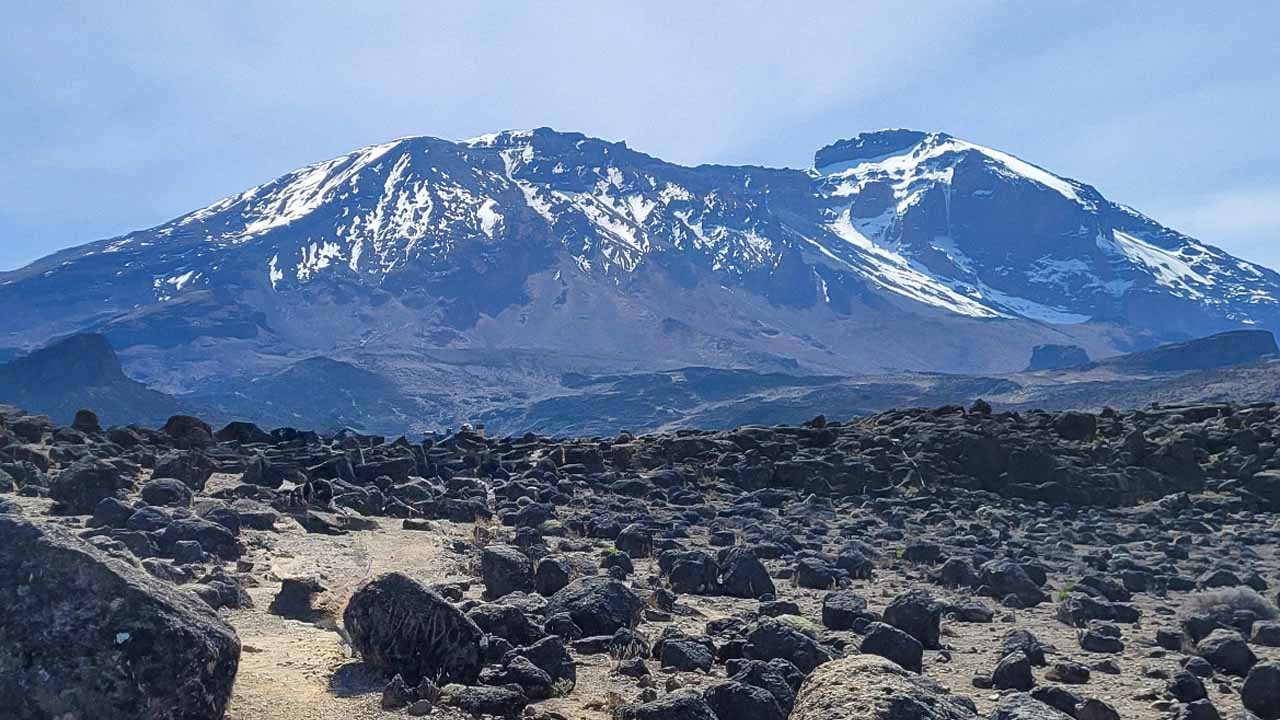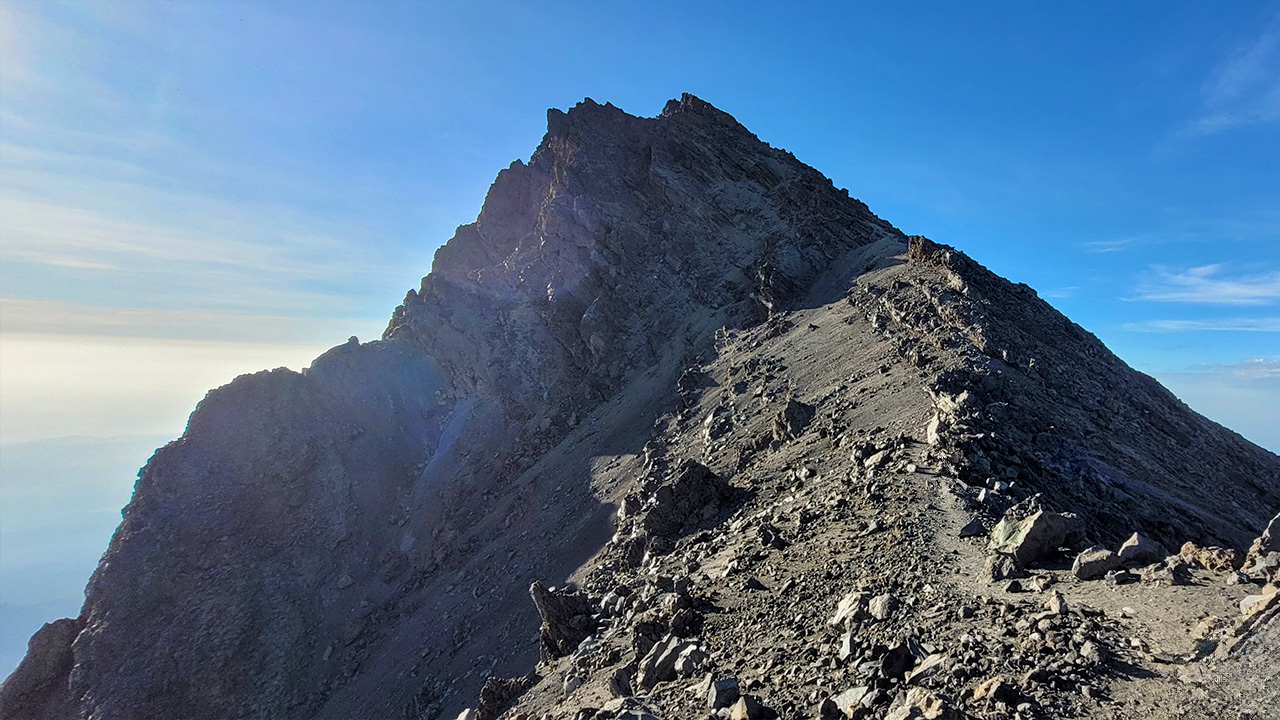
Mauritius is an island nation with a vibrant culture and breathtaking landscapes. It’s the star of the Indian Ocean, known for its picturesque beaches and the scenic illusion of an underwater waterfall.
This guide gives you all the essential information you need if you’re planning to move to Mauritius or want to know more about this up-and-coming country.
While this guide provides crucial information to help with your plans, please remember that countries often update their rules, including visa requirements. So, double-checking the latest facts and details is always a good idea.
How to Get to Mauritius
The country has its own international gateway, Sir Seewoosagur Ramgoolam International Airport (MRU). This airport has direct flights from several African, Asian, and European countries.
The airport is about 48 kilometers southeast of Port Louis, the capital city. The journey to the city center usually takes around 45 minutes to an hour, depending on traffic.
From the airport, there are two main transportation options to reach the capital: taxi or bus. However, some places on the island can be challenging to go by bus, as you might need to travel to Port Louis first.
For convenience, we suggest arranging a taxi in advance. You can ask your host or hotel to book it for you.
Visa Requirements
Mauritius is known for its tourist-friendly visa policy. Many nationalities can obtain a visa on arrival, and some are even eligible for visa-free entry. They even give an option for a premium visa to stay on the island for one year, with the option to extend another year.
The Premium Visa is issued free of cost and can be requested online. However, it requires a more comprehensive set of documents than the standard tourist visa.
Essential Documents
Ensure your passport is valid for at least 6 months from entry into Mauritius. Also, travelers are encouraged to fill out the Mauritius All-in-One Digital Travel Form and bring a printed version.
Be prepared to show proof of an onward or return flight when you arrive in Mauritius, as they may ask for this information. If you don’t know where you plan to go next, consider using ticket rental services such as onward flight.
Some countries might request specific health documentation, such as a Yellow Fever vaccination certificate. Verify if your country of origin falls under this category.
While travel and health insurance aren’t compulsory, they are strongly advised for your safety and peace of mind. If you’re looking for an affordable option, we recommend SafetyWing. We’ve put together a comprehensive guide to assist you in choosing the right travel insurance.

Travel Insurance Simplified: Your Guide to Safe and Secure Trips
Find affordable options and why travel insurance is essential for your next trip. Stay safe and enjoy your travels without unexpected troubles!
Language
English is recognized as the official language in Mauritius, and French is extensively spoken. However, the most prevalent language among the locals is Mauritian Creole, a French-based Creole.
Despite English’s official status, it’s not uncommon to encounter individuals, particularly in less touristy areas, who primarily speak French or Creole. Nevertheless, locals are typically accommodating and will make an effort to assist. Having a basic understanding of French or using tools like Google Translate can be particularly helpful in these situations.
Currency
The Mauritian Rupee (MUR) is the official currency. While some places may accept major foreign currencies, using the local currency is preferable for better exchange rates.
Credit cards are accepted in most establishments, but it’s wise to carry some cash for smaller shops or local markets where card payments might not be an option.
You’ll find ATMs in the villages as most locals use cash daily, so you don’t need to exchange much money at the airport, where exchange rates are often less favorable.
For extended stays, consider getting a local SIM card to access mobile payment services, which are popular in Mauritius.
Getting Around in Mauritius
Mauritius has a well-developed transport network, making travel relatively straightforward. Though traffic can be heavy during peak hours, good roads and public transport options are available.
Car Rentals
If you want convenience, plan to rent a car. The main roads are generally well-maintained, and driving allows you to visit various attractions at your own pace.
Taxi Services
Taxis are readily available for those who prefer not to drive. However, they can be expensive, so it’s recommended to negotiate the fare in advance. This is particularly important as metered taxis are a rarity on the island.
Public Transport
Buses are a safe and affordable way to travel around Mauritius. Be prepared for a leisurely pace, as bus journeys can be lengthy, and the routes might only cover some parts of the island, making you take more than one bus to get where you want.
Walking around
Mauritius is not the most walk-friendly place! Sidewalks are often scarce, so if you choose to walk, be cautious of vehicles passing by nearby.
What to Wear
The island has a tropical climate, so light, breathable clothing is ideal. You can wear anything on the beach, but avoiding overly revealing outfits outside beach areas is advisable.
In tourist-friendly locations, you might see people walking around shirtless. Still, this could be less common in less tourist-centric areas and may draw attention or cause discomfort among the locals.
Best Time to Visit
Mauritius is a year-round destination, with an average temperature of 25ºC and a pleasant water temperature. However, periods of heavy rainfall are expected in February and March, which is cyclone season in the area. Mauritius, with its small size, is often spared of it.
Safety
The island is safe for tourists. Standard safety precautions are advisable, such as keeping a low profile and being mindful of your surroundings, especially at night, will enhance your safety.
Natural Disasters
The only concern is the cyclone season, which typically spans from November to April, with a higher likelihood of cyclones from February to March.
While direct hits are rare, the island can experience high winds and heavy rainfall during this period.
Where to stay
The west side of the island is more densely populated than the east, offering more accommodation options.
The south and west are known for their breezy conditions and proximity to the mountains. At the same time, the north has a richer infrastructure with ample restaurants, clubs, and lodging facilities.
Here are some notable areas to consider:
- Flic en Flac: Offers a harmonious blend of peaceful beach life and rich local culture, Flic en Flac is ideal for those who enjoy tranquil days by the sea and an authentic Mauritian experience. Its long, sandy beach is perfect for leisurely walks and sunbathing.
- Grand Baie: This area is the heart of Mauritius’ nightlife and social scene. Grand Baie is famous for its lively bars and clubs, its array of shopping opportunities, and beautiful beaches, making it a favorite among foreigners. Because of that, It’s more crowded than the rest of the island.
- Tamarin: Tamarin is a haven for surf enthusiasts. It’s one of the island’s best surf spots. It is surrounded by incredible natural scenery, including rolling hills and clear blue waters.
- Blue Baie: Blue Bay is a paradise for snorkeling and diving enthusiasts. The area is renowned for its vibrant coral reefs and diverse marine life.
- Le Mourne: This area is renowned for its consistent wind conditions, making it ideal for kite surfers. It is also backed by the iconic Le Morne Brabant Mountain, a UNESCO World Heritage Site, which offers a blend of natural beauty and historical significance.
I’ve stayed in Flic en Flac for two months and loved my experience.
Electrical Plugs and Outlets
The country uses Type C and Type G electrical outlets. It’s advisable to bring a universal adapter to ensure compatibility.

Tap Water Quality
Tap water is generally safe to drink. It’s wise to ask your host about the tap water quality, especially if you have a sensitive stomach. In such cases, opting for bottled water is recommended.
Emergency Numbers
| Service | Phone Number |
|---|---|
| Police | 999 or 112 |
| Ambulance | 114 |
| Fire Brigade | 115 |
Share This Article
What to read next
Disclaimer: This post may include affiliate links. We may receive a commission at no extra cost to you if you click one of them. Thank you for your support!


